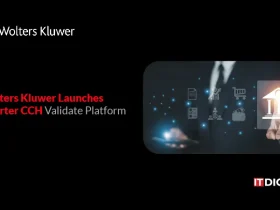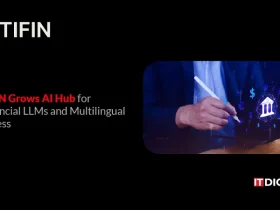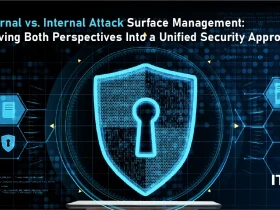NuHarbor Security, trusted managed security provider to hundreds of clients from state and local government, higher education, and commercial markets, announced the winner of its recent Natural Language Processing (NLP) hackathon. ”The Polyglot Project” was created to spur interest and innovation in the challenges posed by the differing outputs and alerts created by cybersecurity tools. It presented a specific set of criteria for the creation of an AI/ML-based approach to creating an evolving and dynamic common ontology for cybersecurity information.
“We knew there was a way to apply machine learning and artificial intelligence to create a common language,” said Justin Fimlaid, CEO and Founder of NuHarbor Security. “Our team’s work with multiple vendors and technologies across a diverse customer base gives us a unique perspective on how convoluted cybersecurity has become. We see, first-hand, the difficulties that different languages and messages create in all phases of cybersecurity, from investigation to analytics and automation.”
The winner of the competition, which had over 800 early applicants, was Chirag Hegde, a developer and student. Hegde topped all other entrants, detailing both his methodology and a working, accurate, model with his entry, “Polyglot: Breaking The Language Barrier.”
Also Read: Trend Named a Leader in Network Analysis and Visibility
“The complexity of this problem was captivating, and I saw it as an opportunity to learn and explore new domains,” Hegde said. “Through a process of constant learning and iterating, I created a solution that I’m proud to say delivered results and was worthy of first prize.”
Messages from security tools look different than human language, but the need to interpret, understand, and apply them, is the same. The Polyglot Project sought a model capable of translating data from a heterogeneous mix of sources into a common, usable, representation. Teams that submitted concepts used a combination of approaches including large language models, generative AI, recursive neural networks, and multiple forms of deep learning. The winning solution proved to be both practical and efficient in terms of storage and processing power.
“Attackers are always innovating, and it’s the responsibility of innovators like NuHarbor and researchers like Chirag to develop tools and methods that can simplify and improve organizations’ security operations,” said Jack Danahy, Vice President of Strategy and Innovation at NuHarbor Security. “Chirag’s submission was practical, comprehensible, and delivered a model with solid accuracy on our test data. It’s our belief that it forms the basis for future research and investment in the capability to generate the common lexicon our cybersecurity market industry sorely needs.”
SOURCE: Businesswire


































